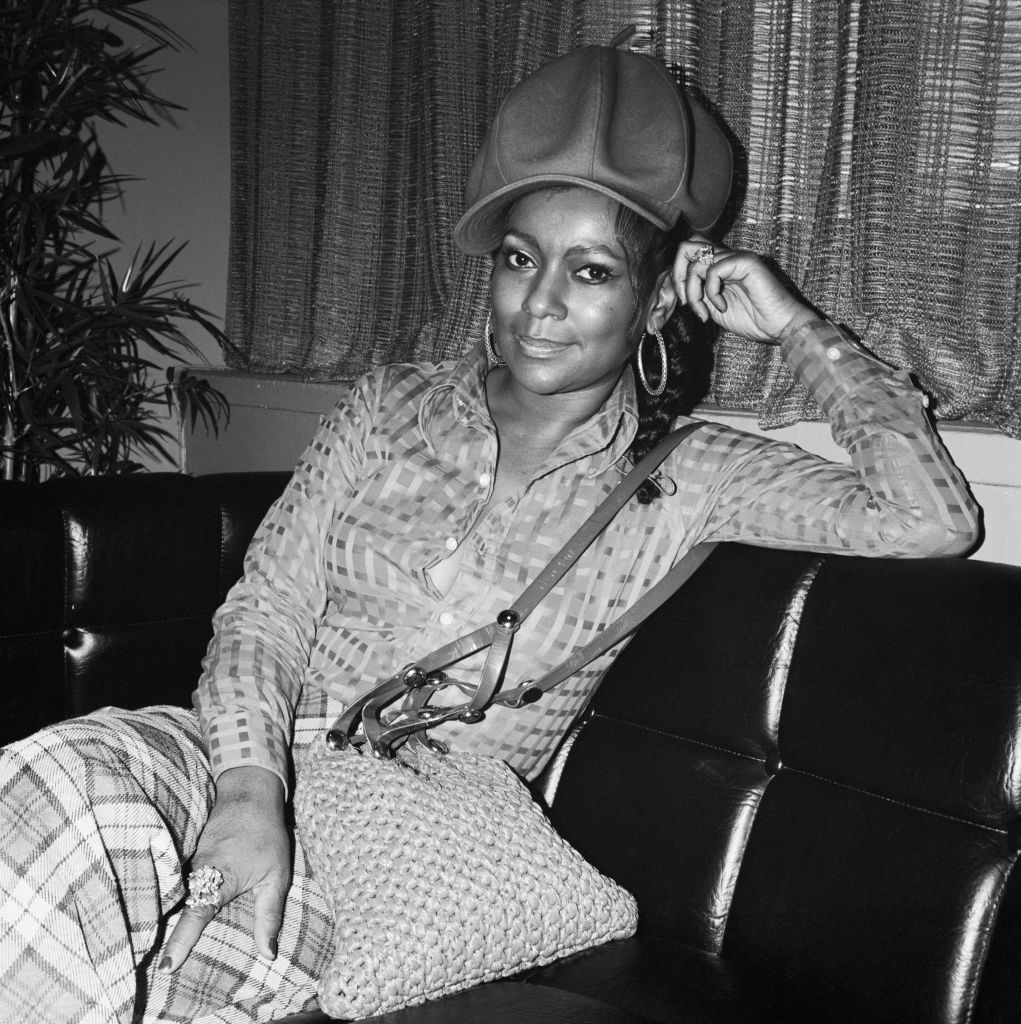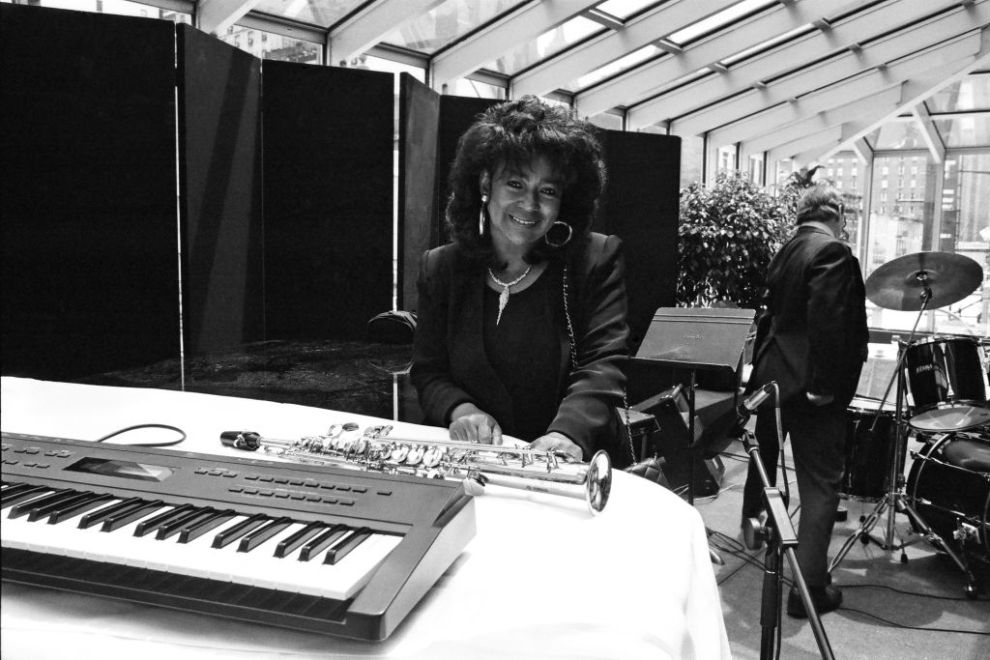Sylvia Robinson came up in Harlem’s rough edges, born in 1935, when the Depression left families scrambling. On 128th Street, she sang gospel to eat, a kid with a voice that could cut glass. By 14, she’d caught a scout’s ear, and in ’57, she’s Mickey & Sylvia, laying down “Love Is Strange”—a Top 20 soul burner that put her on the map. But Sylvia wasn’t here to coast. This Black History Month, HOT 97 is giving props to the woman who turned street beats into hip-hop’s heartbeat.

From Soul Hustle to Rap’s First Hit: Sylvia’s Game-Changing Run
When her duo faded, she teamed with Joe Robinson—a Harlem operator with cash and hustle—and they launched All Platinum Records in Jersey. Sylvia was in deep, producing soul cuts, even dropping “Pillow Talk” in ’73—a steamy, funky joint that hit Top 3. Then, in ’79, she’s at a pizza spot, clocks Big Bank Hank rhyming over “Good Times,” and knows it’s go time. She grabs him, Wonder Mike, and Master Gee, cuts “Rapper’s Delight” in one take—15 minutes of unfiltered heat. It moves 2 million units, cracks the Hot 100 as rap’s first big swing, and flips Bronx parties into a global force.
Through Sugar Hill Records, she signed Grandmaster Flash, and unleashed “The Message”—a street chronicle that redefined the game. Sylvia scrapped with execs and doubters, but by ’86, Sugar Hill sank under debt. She stepped back, passing in 2011 at 76. Her legacy’s ironclad—every MC stacking paper today owes her. From Harlem’s stoops to the world stage, Sylvia built the lane. HOT 97’s here for it—she’s the architect who made hip-hop a business and a voice.


Leave a Reply